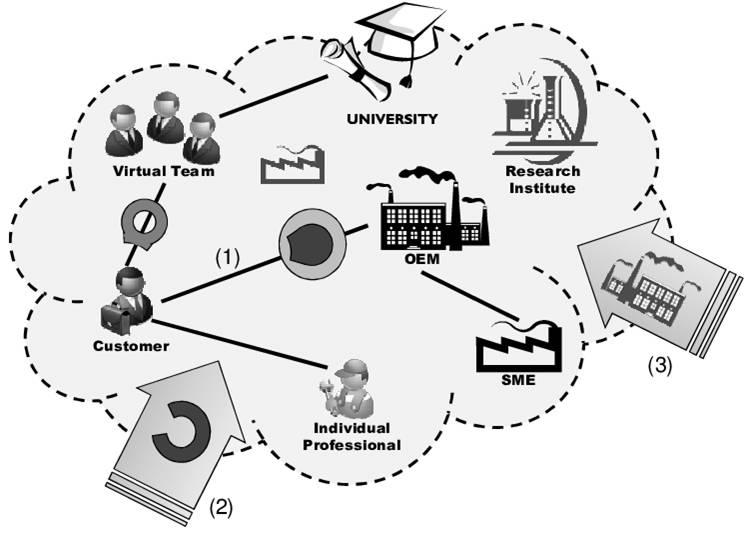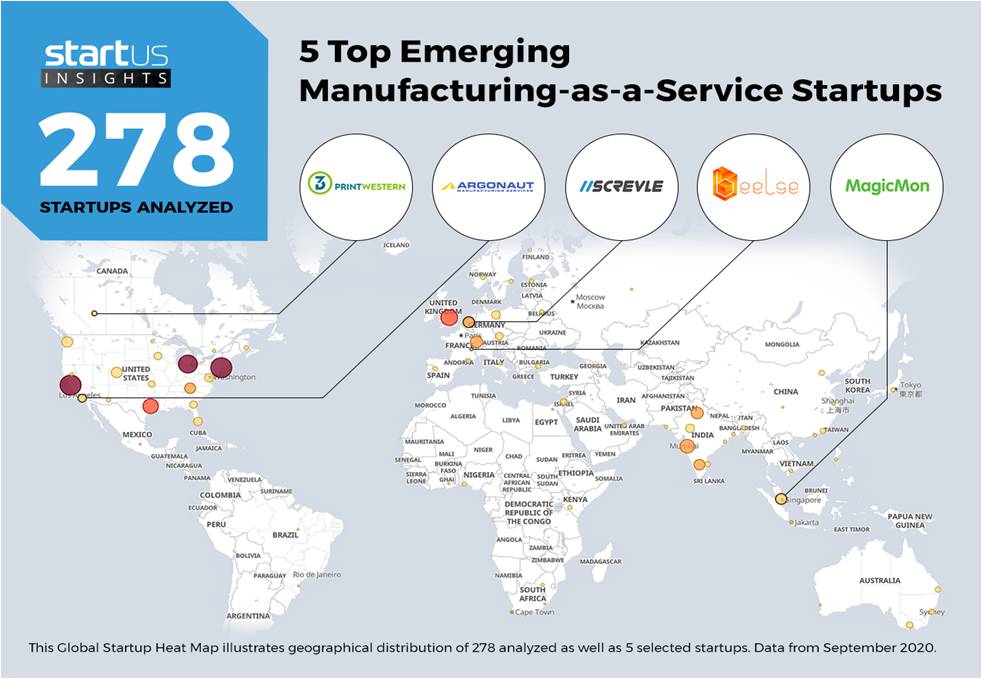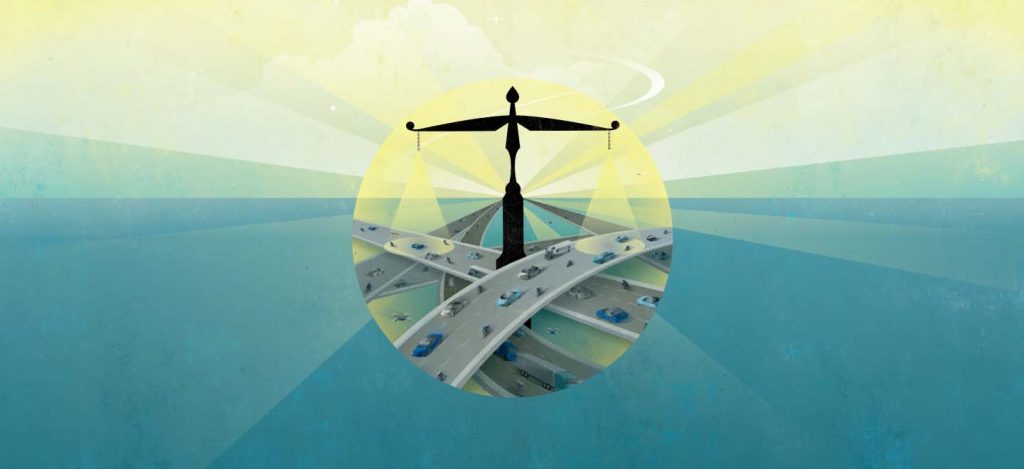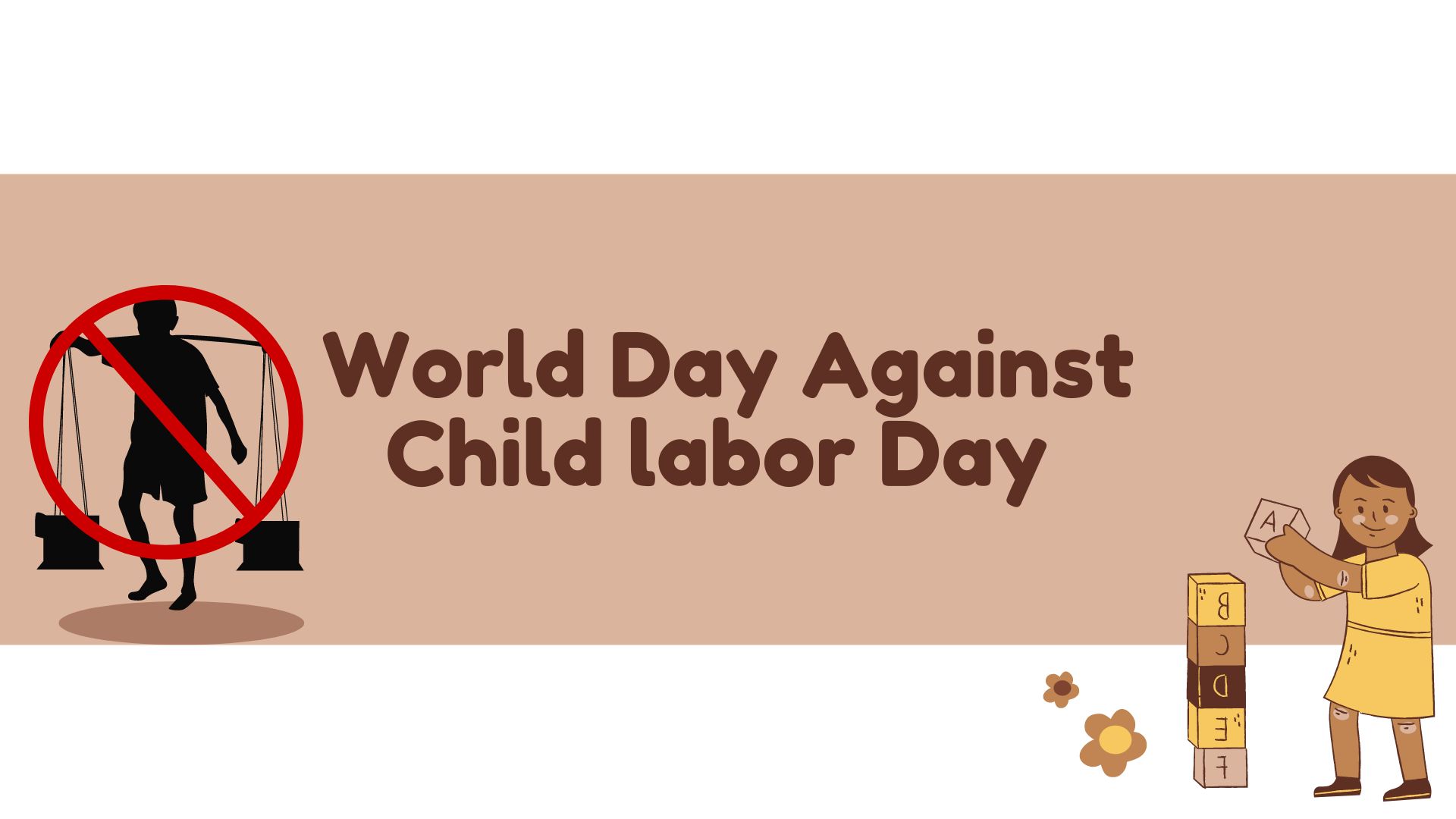Manufacturing as a service (MaaS) is an old wine in a new bottle. It is an industrial paradigm where manufacturing activities areoutsourced by clients (usually equipment or product brands, or manufacturers looking for parts) to “service providers” according to available slots and machinery, all connected on a digital interface. This not only saves time and investments by individual businesses, but also reduces the costs of final products owing to higher utilization of manufacturing assets.
The idea of shared infrastructure and services is age old. In pre-industrial economies, people engaged in manufacturing or in agricultural value chains utilized the services of professionals who served many clients such as grain millers, blacksmiths and weavers, who specialized in certain activities in the value chains. After the industrial revolution in the 18th century, manufacturing got shaped by mass production, competition in market and intellectual property. This required construction of large factories and equipment by an ever-increasing number of entrepreneurs. But seasonality in demand remained, leading to idle time of valuable machinery (under-utilized assets).
MaaS aims to solve the above problem. Companies/brands can submit their product designs to third party-owned factories where AI-enabled scheduling minimizes idle time of machinery. Industrial Internet of Things (IIoT) has ensured that a steady flow of real time information from manufacturing units apprise the businesses of available slots.
MaaS has a crucial role to play in advancing Sustainable Development Goal no. 12: Sustainable Consumption and Production. MaaS would ideally reduce the demand for setting up capital infrastructure as more and more production activities would be handled by fewer factories. This would translate into lower environmental impact and lower emissions.

Credit: Researchgate (Manufacturing Service Ecosystems – Towards a new model to support service innovation based on Extended Products, 2013)

Credit: StartUs Insights
In India, MaaS is already gaining traction. Zetwerk, a Bengaluru-based b2b manufacturing service startup founded in 2018, has recently entered the unicorn club with a valuation of USD 1.33 billion. Truventor, a global on-demand manufacturing platform founded by Soumitra Joshi, has a presence in India.
A large-scale adoption of MaaS can potentially help India in post-covid rebuilding and emerge as a global manufacturing hub.













































































































